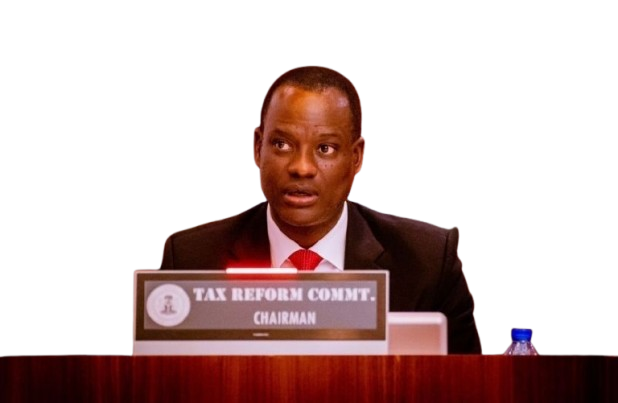Taiwo Oyedele, Chairman of the Presidential Committee on Fiscal Policy and Tax Reforms, identifies illicit demand, rather than supply constraints, as the primary driver of pressure on Nigeria’s foreign exchange market. Speaking at The Platform Economic Outlook for 2025 event, Oyedele argued that discretionary demand for foreign exchange, driven by both public and private sector actors, is artificially inflating demand and contributing to the naira’s devaluation. He pointed to the correlation between the release of federal allocations and fluctuations in the exchange rate as evidence of public sector actors converting naira to dollars, exacerbating demand pressures. In the private sector, he noted a similar trend of individuals, particularly high-net-worth individuals, converting their savings to dollars due to a self-fulfilling prophecy of naira devaluation, thereby further contributing to the problem. He illustrated this with an anecdote about a billionaire who had converted all his naira holdings to dollars, highlighting the widespread nature of this behavior.
Oyedele emphasized the significant impact of this discretionary demand, arguing that its scale is directly proportional to the level of corruption. He asserted that if this artificial demand were removed, Nigeria’s foreign exchange market could stabilize and potentially reach the levels of stability seen in countries like South Africa and Kenya, where foreign currencies are not readily accepted for local transactions. He called for a collective effort from both the public and private sectors to address this issue, acknowledging shared responsibility in creating and perpetuating this cycle of artificial demand. His argument centers on the idea that the current demand for dollars is not driven by genuine economic needs but rather by speculative behavior and a desire to safeguard wealth against naira depreciation.
Looking ahead, Oyedele expressed optimism about the economic outlook for the naira, projecting stability and growth in the coming years. He anticipates a recovery beyond the modest three percent growth often cited, emphasizing the need for inclusive growth that benefits all segments of society. He believes the worst of the economic challenges is behind Nigeria, pointing towards positive trends in inflation, agricultural and industrial output, and the oil and gas sector. He foresees a moderation in the monetary policy rate and stabilization, even appreciation, of the foreign exchange rate. His optimism appears grounded in the expectation of successful implementation of planned tax reforms and a subsequent easing of pressure on monetary policy authorities.
Oyedele highlighted the critical role of pending tax reforms in reshaping Nigeria’s economic landscape. He targeted July 1st as the implementation date for these reforms, following their anticipated approval in the first quarter of the year. He characterized these reforms as transformative and potentially the most significant since independence, offering a pathway to address systemic issues hindering economic progress. He argued that these reforms would not only bolster naira stability but also address the disparity between the parallel and official market exchange rates. He specifically mentioned provisions within the proposed reforms designed to achieve these objectives, signaling a comprehensive approach to tackling the challenges in the foreign exchange market.
A key component of the tax reforms, according to Oyedele, involves addressing the practice of requiring Nigerian businesses to pay levies, duties, fees, and taxes in dollars. He criticized this practice, estimating it to be over $3.5 billion annually, arguing that it puts unnecessary pressure on the foreign exchange market without increasing dollar supply. He pointed out the irony of businesses having to acquire dollars to pay the government, exacerbating demand while offering no benefit to the nation’s dollar reserves. The removal of this requirement is a central element of the reform package aimed at alleviating pressure on the foreign exchange market.
Oyedele concluded by stressing the urgent need for a complete overhaul of the existing tax system, which he considers a major impediment to economic growth. He argued that the current system is unsustainable and requires immediate attention to facilitate progress and create a more conducive environment for economic activity. His emphasis on the transformative potential of the proposed tax reforms underscores his belief that they are crucial to unlocking Nigeria’s economic potential and addressing the underlying issues contributing to the volatility in the foreign exchange market. He depicted the reforms as a comprehensive solution that not only stabilizes the naira but also addresses structural weaknesses in the tax system, paving the way for sustained economic growth.














